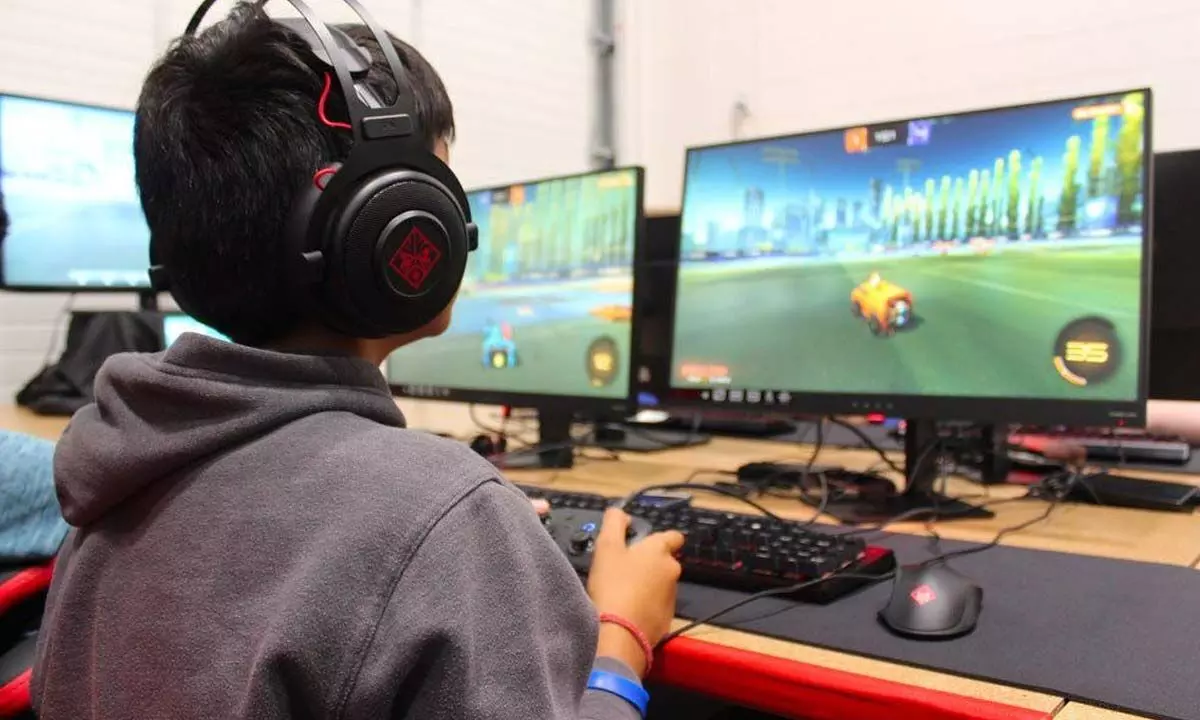Video gaming can lead to better cognitive performance in students

Video gaming can lead to better cognitive performance in students
Contrary to the popular belief that playing video games is linked with mental health problems, a new study has found that it may be associated with better cognitive performance in children.
Contrary to the popular belief that playing video games is linked with mental health problems, a new study has found that it may be associated with better cognitive performance in children.
The study, published in JAMA Network Open, found that those who reported playing video games for three hours per day or more performed better on cognitive skills tests involving impulse control and working memory, compared to children who had never played video games.
"This study adds to our growing understanding of the associations between playing video games and brain development," said researcher Nora Volkow, from National Institute on Drug Abuse (NIDA).
"Numerous studies have linked video gaming to behaviour and mental health problems. This study suggests that there may also be cognitive benefits associated with this popular pastime, which are worthy of further investigation," Volkow added. For the study, the team analysed data obtained when children entered the ABCD Study at ages 9 and 10. The research team examined survey, cognitive, and brain imaging data from nearly 2,000 participants within the bigger study cohort.
They separated these children into two groups, those who reported playing no video games and those who said playing video games for three hours per day or more. This threshold was selected as it exceeds the American Academy of Pediatrics screen time guidelines, which recommend that video gaming time be limited to one to two hours per day for older children.
For each group, the investigators evaluated the children's performance on two tasks that reflected their ability to control impulsive behavior and to memorise information, as well as the children's brain activity while performing the tasks.
The researchers found that the children who reported playing video games for three or more hours per day were faster and more accurate on both cognitive tasks than those who never played. They also observed that the differences in cognitive function observed between the two groups were accompanied by differences in brain activity. Functional MRI brain imaging analyses found that children who played video games for three or more hours per day showed higher brain activity in regions of the brain associated with attention and memory than those who never played.
At the same time, those children who played at least three hours of video games per day showed more brain activity in frontal brain regions that are associated with more cognitively demanding tasks and less brain activity in brain regions related to vision. Earlier, a study reported that video games can precipitate life-threatening cardiac arrhythmias in susceptible children whose predisposition may have been previously unrecognised.




